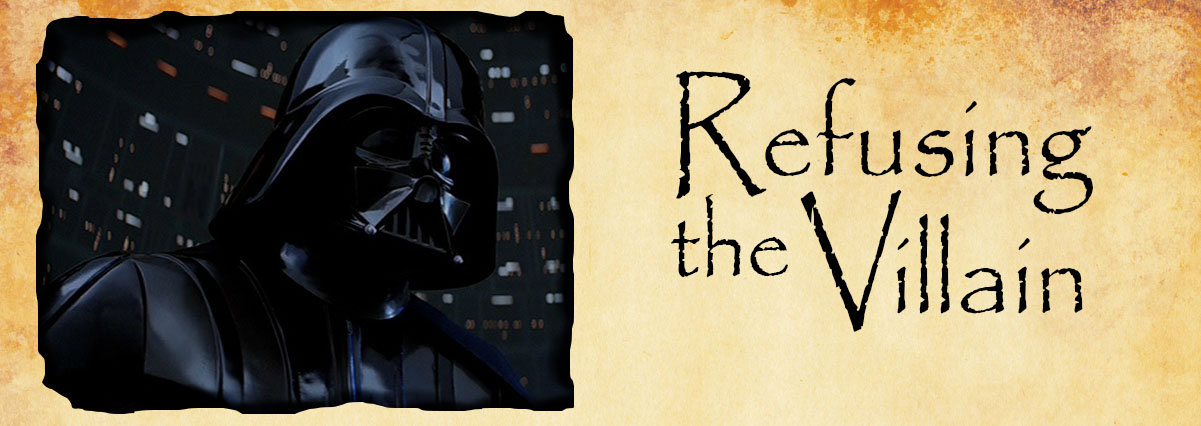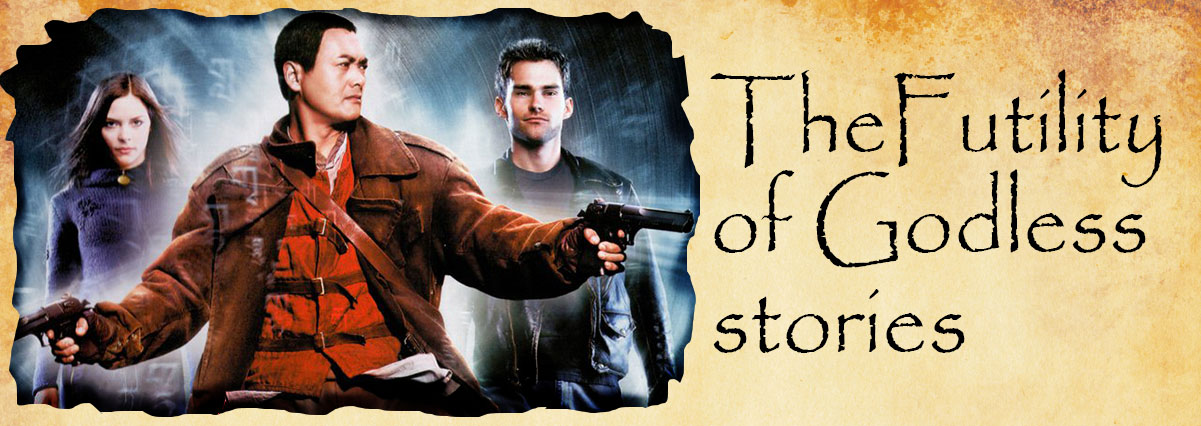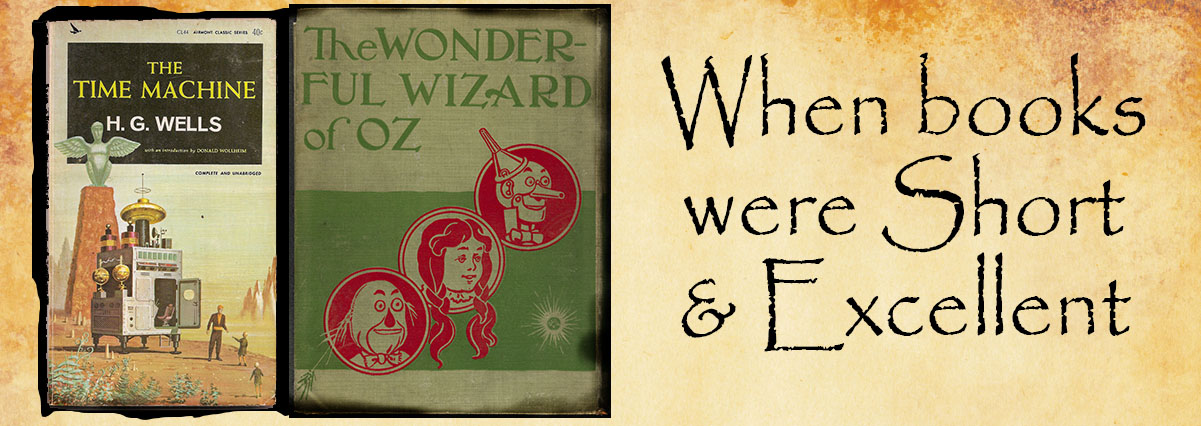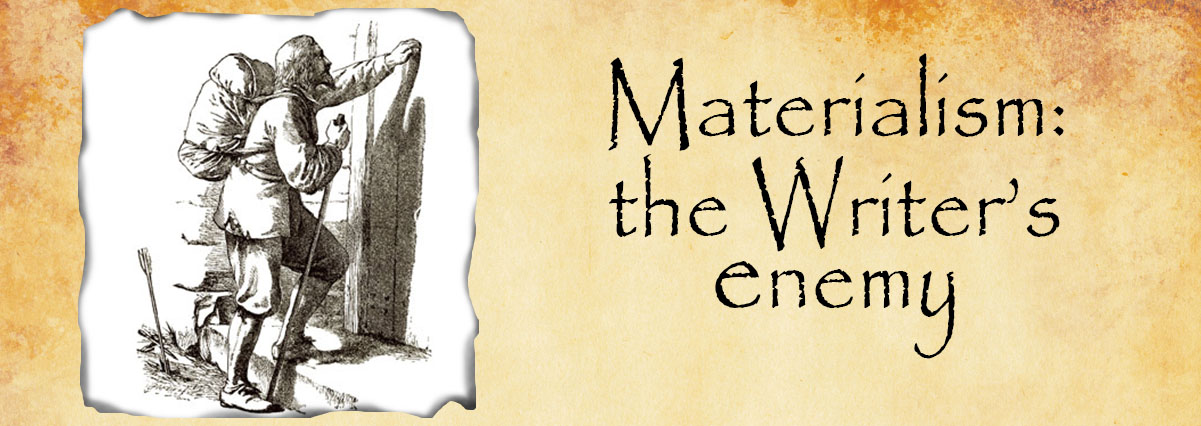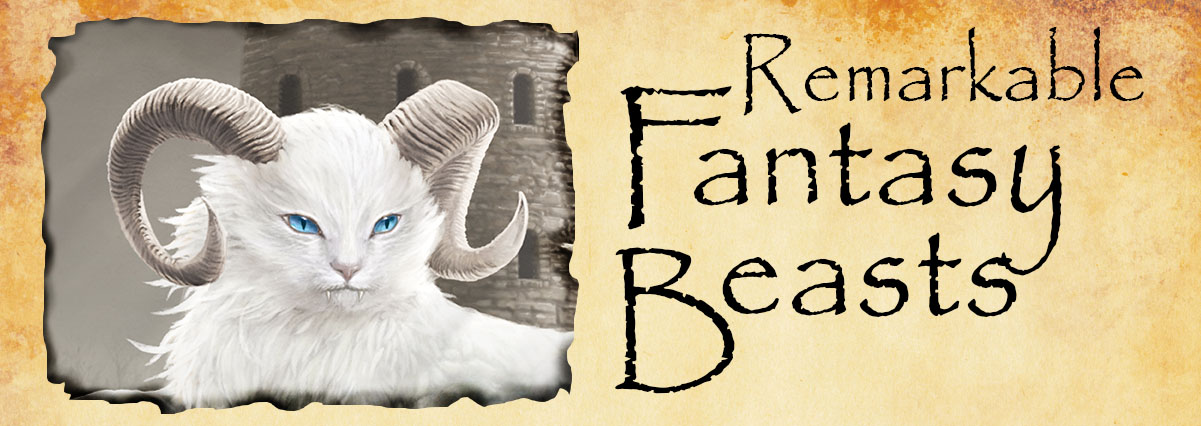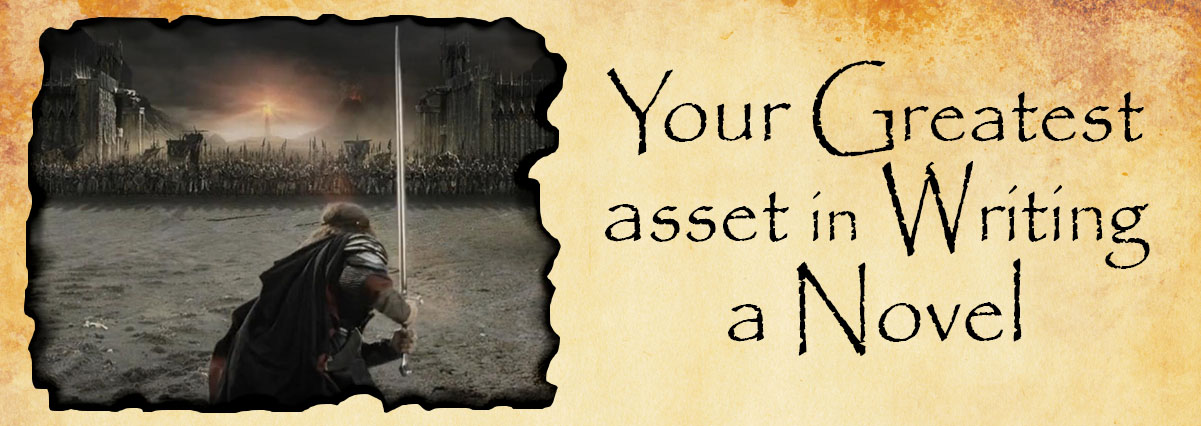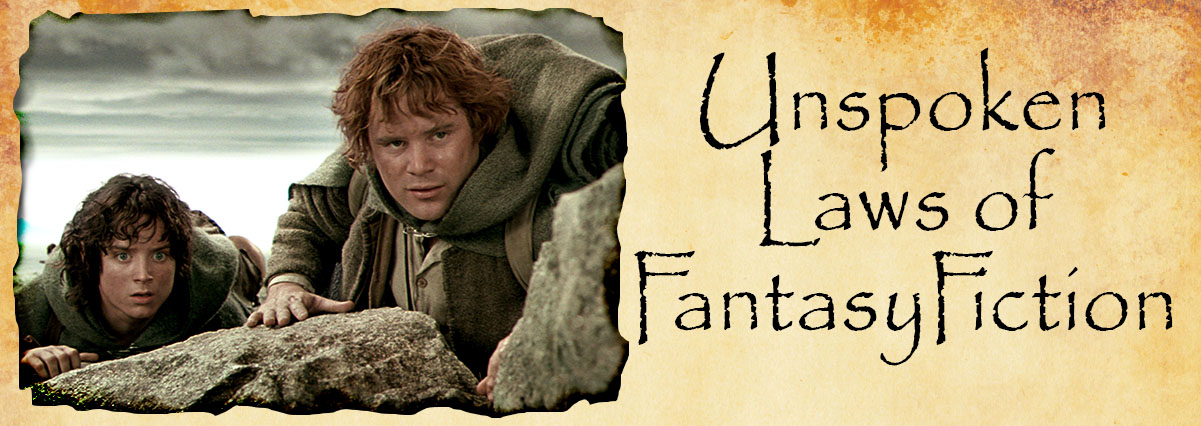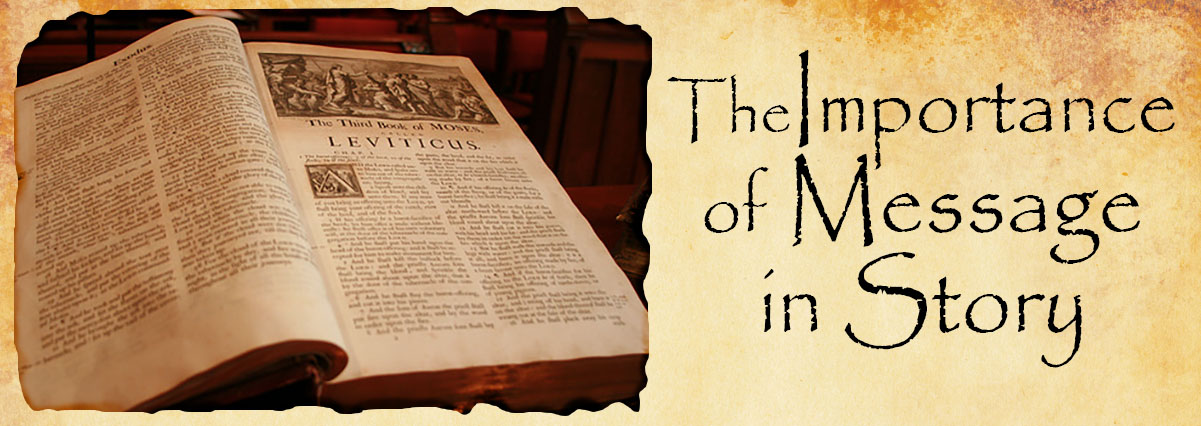While fiction is itself an exploration of human imagination (and some might add an exploration of ingenuity as well) it must remain bound by laws if it is to impact the reader’s thinking in a positive way. The writer’s philosophies, persuasions, convictions, all of these things create the laws that bind their fiction. And this is a necessary difficulty for the writer because without laws fiction can confuse minds, even persuade them of non-factual things as factual. The unreal and imagined can be made to seem more important than reality.
If a reader is of a confused mind, or a troubled mental state, they are prone to falling for falsehoods. If a reader is, for example doubtful of God’s existence or is inclined to wish that God were not a supreme authority in the universe, the right fictional story could turn their mind against that authority. Fiction can create an excuse, which is a means of escape from the reality.
Truth and lie can be confused in story in such a way that it reinforces confusion in the reader. It may even persuade them that they are not accountable to the same laws that we know to be right and good.
For example, let’s say we have a fantasy story where the main character, a male protagonist, goes through multiple tragedies. With each tragedy he becomes angrier. First at the perpetrator of the tragedy, then at himself for not stopping the tragedy, and then at God for not stopping the tragedy, and then at God for not giving him the means to stop the tragedy. “If there was a good God then why would this have happened?” he would ask himself. Then later, as the story progresses, he submits that there is no God because cause A should have led to effect B. Therefore God, if he exists, is not good but indifferent or, worse, is himself evil.
Now to most readers this sort of transformation in the protagonist’s mind would seem tragic. We would see him as slipping into self-delusion as a result of his reaction to the tragedies he’d experienced. We would pity that protagonist, perhaps enjoy the journey as he seeks out revenge on his adversaries, but little else.
But to other readers this transformation becomes one of their own minds. They who suffer tragedy and feel just as the protagonist does. Instead of blaming the fallen sinful world in which the events occurred, they blame God. These readers find themselves relating to the protagonist, even learning from him despite the fact that he is a fictional character.
This is the power of fiction. This is the power of storytelling. This is the heavy responsibility of the writer.
To show that the man who falls to this is not a hero, but instead to show the negative consequences his thinking. Or, better still, to show a protagonist who rises above the tragedies and humbly accepts his bitter role in the created world. These are unspoken laws of fantasy fiction, to deliver truth and instruct in good and not in evil. To demonstrate what we should be and to show the consequences of wrong actions and even wrong beliefs. We look to show the good and encourage the faithful.
Q: How do you think writers should deal with unspoken laws of fantasy storytelling?
